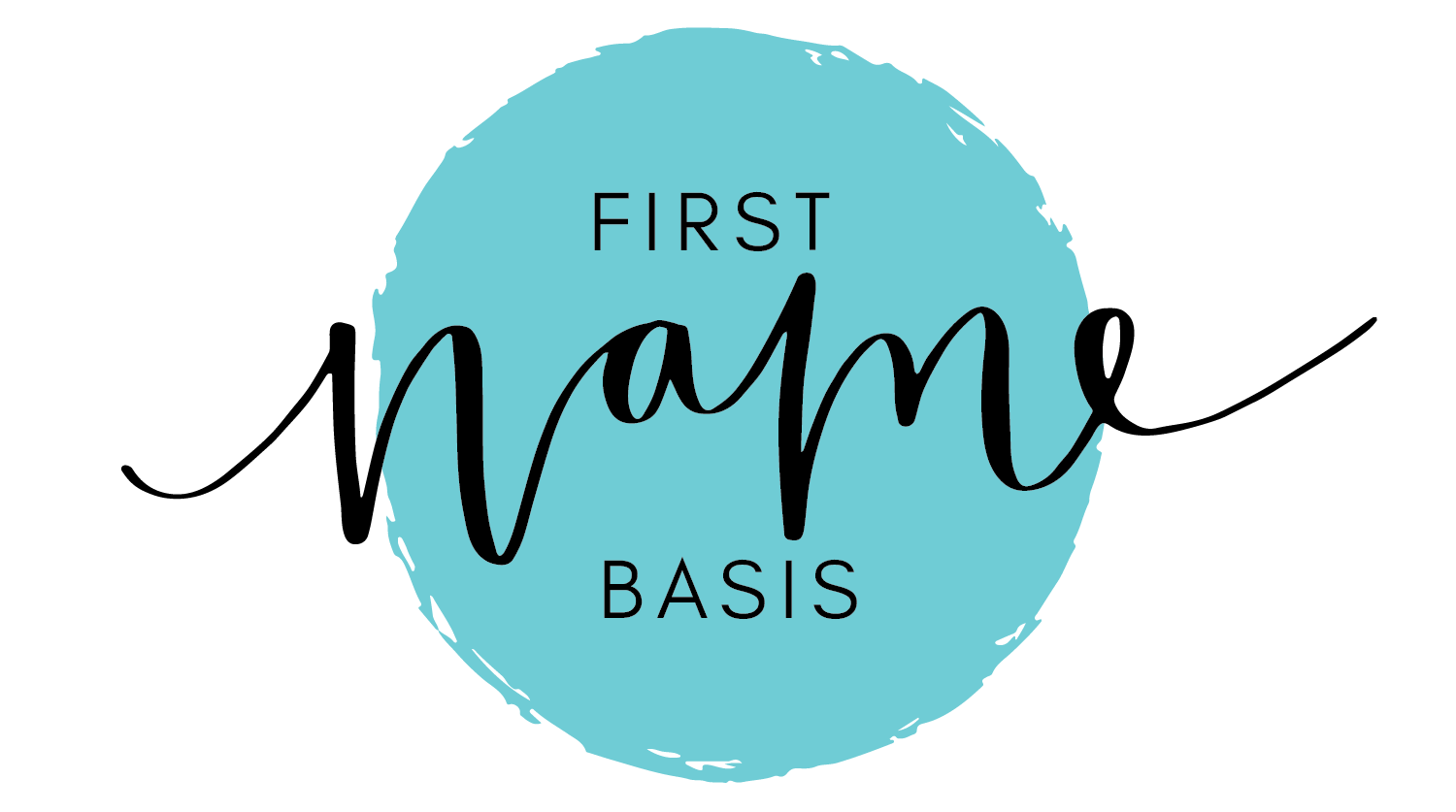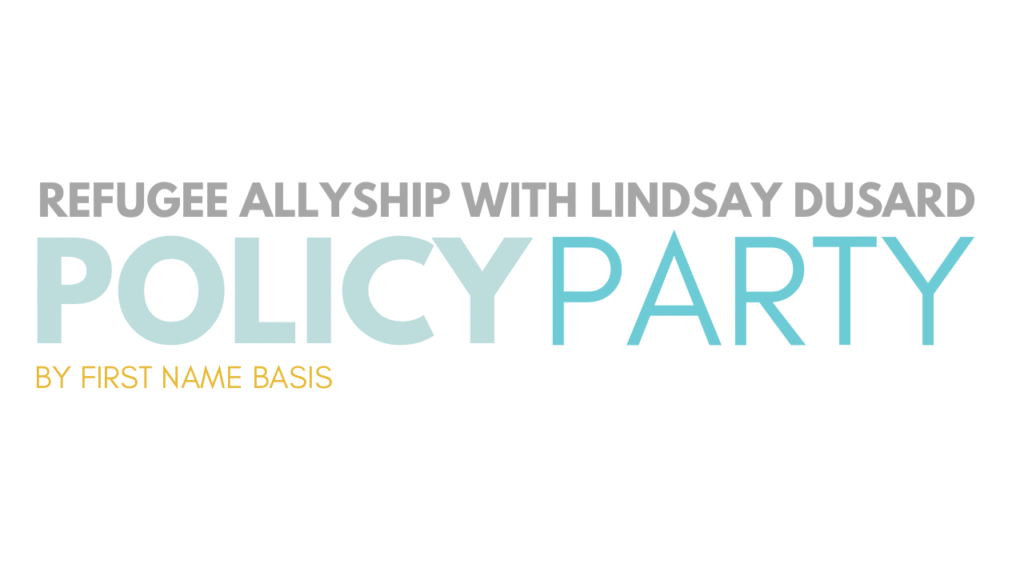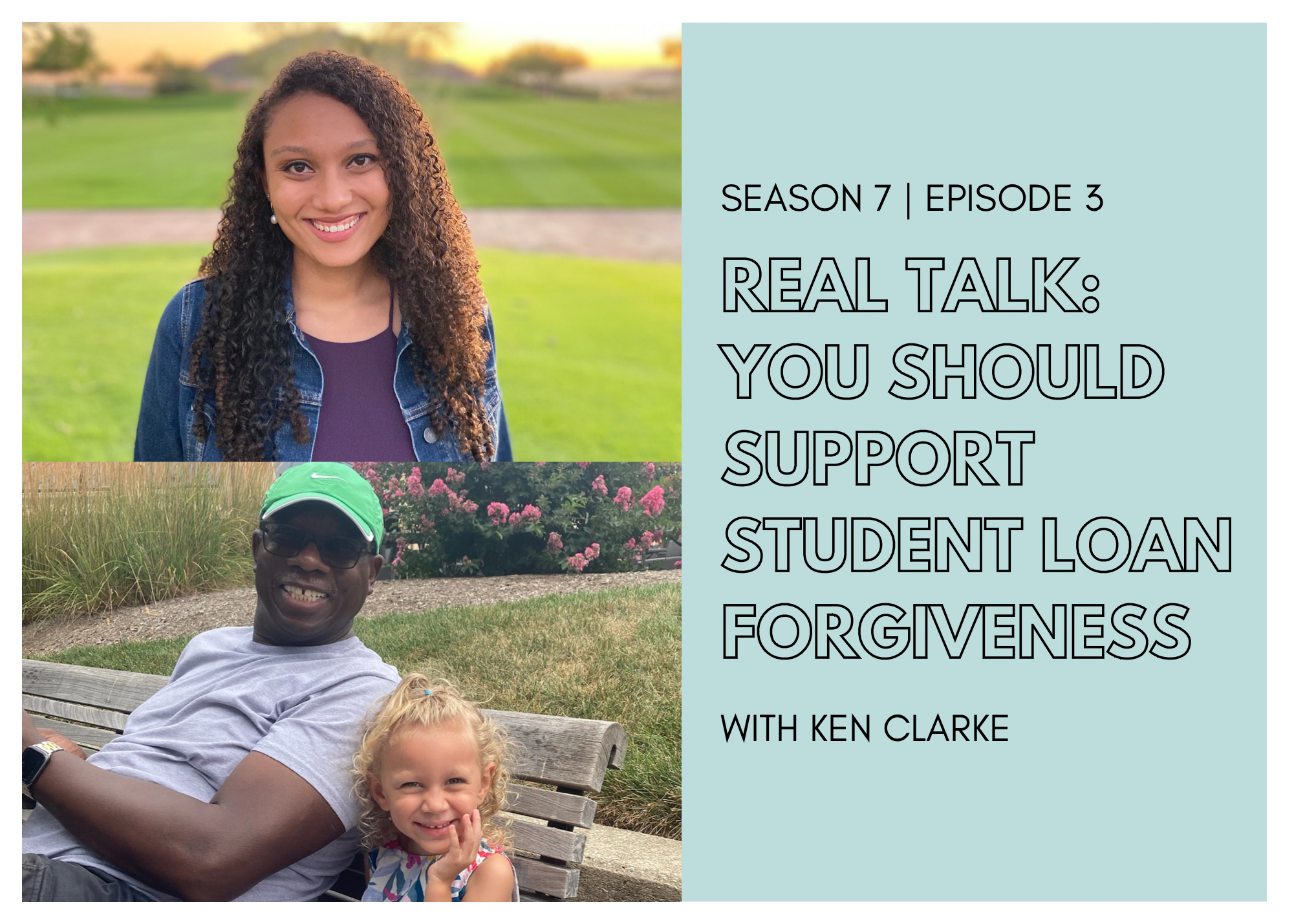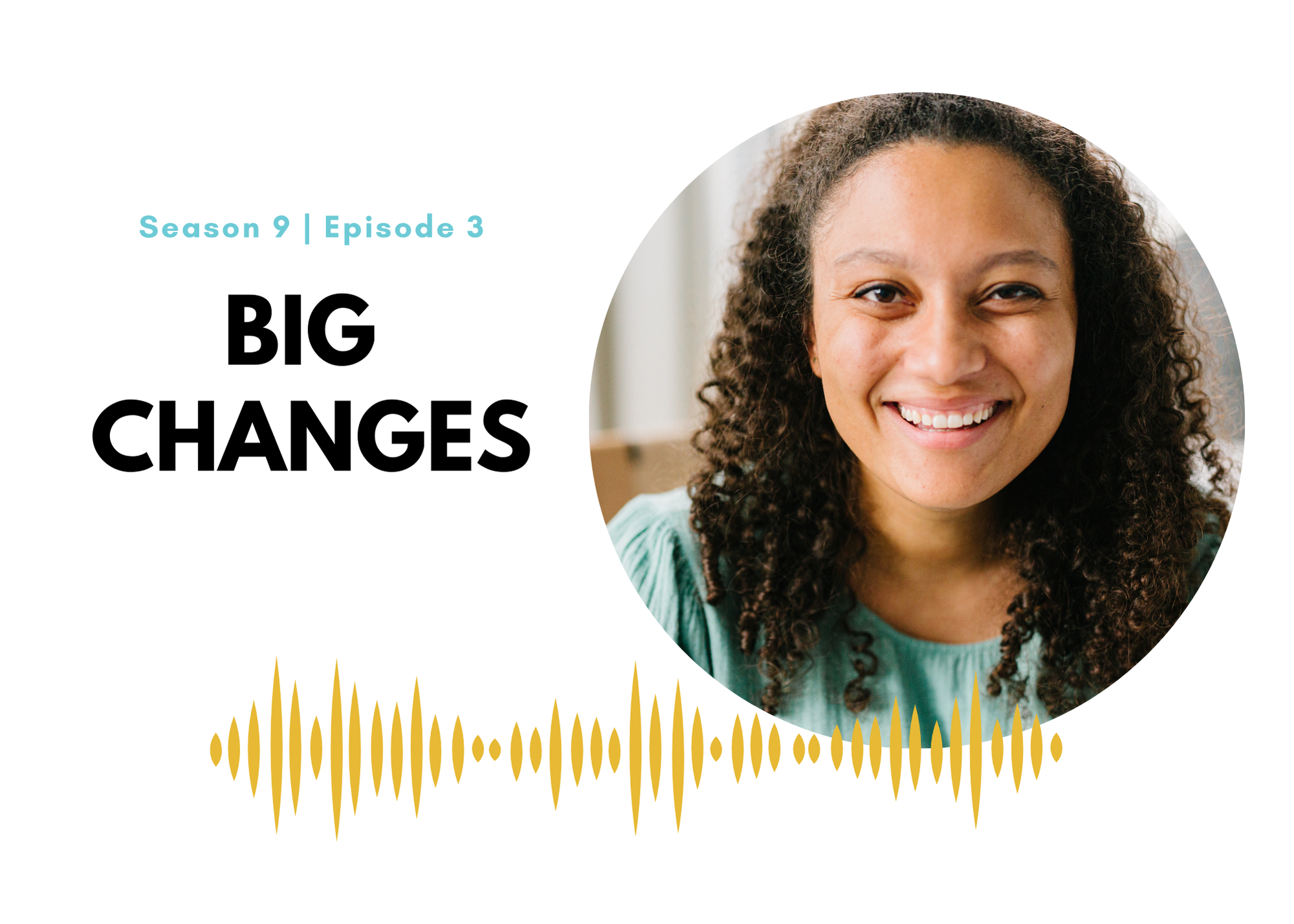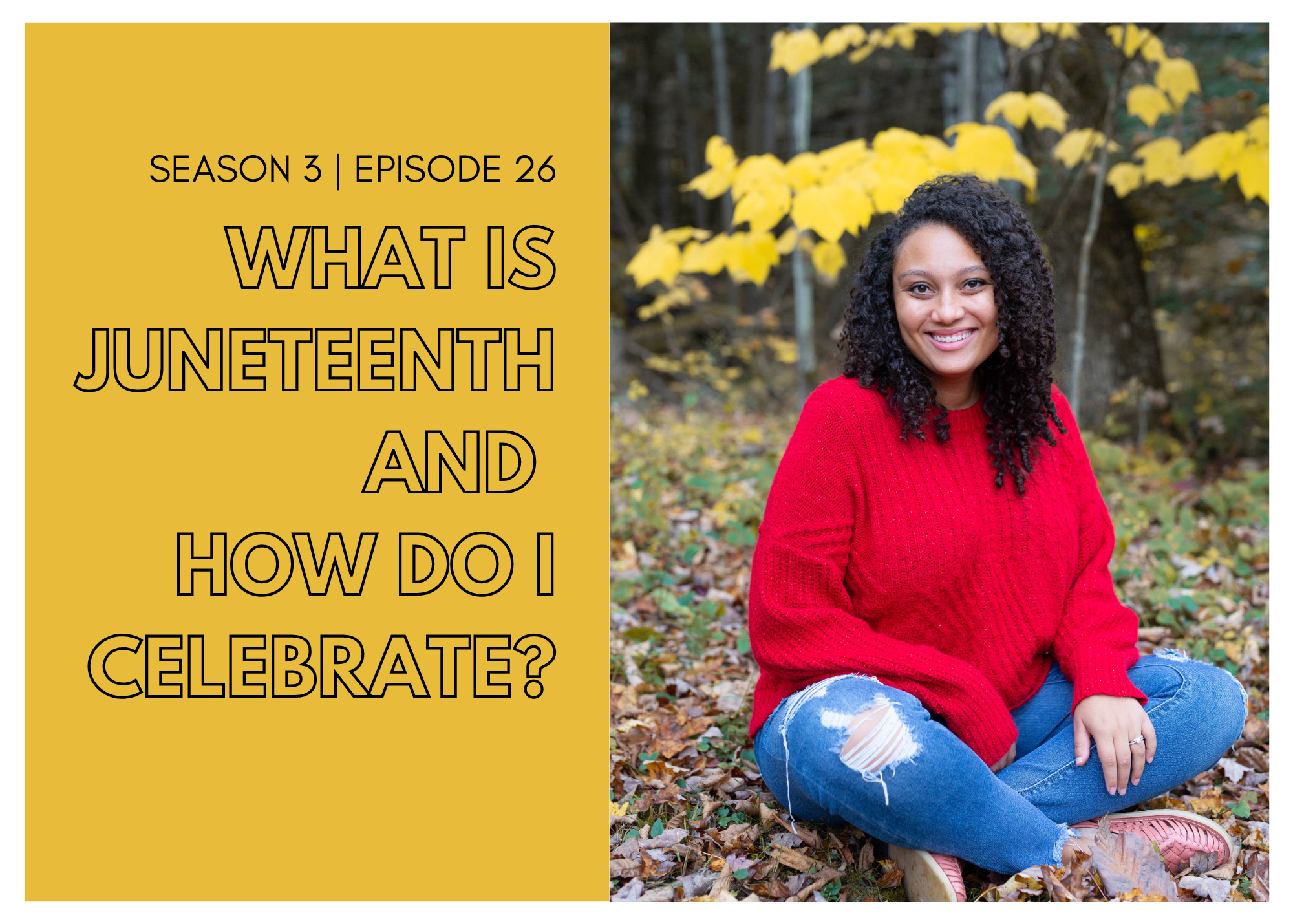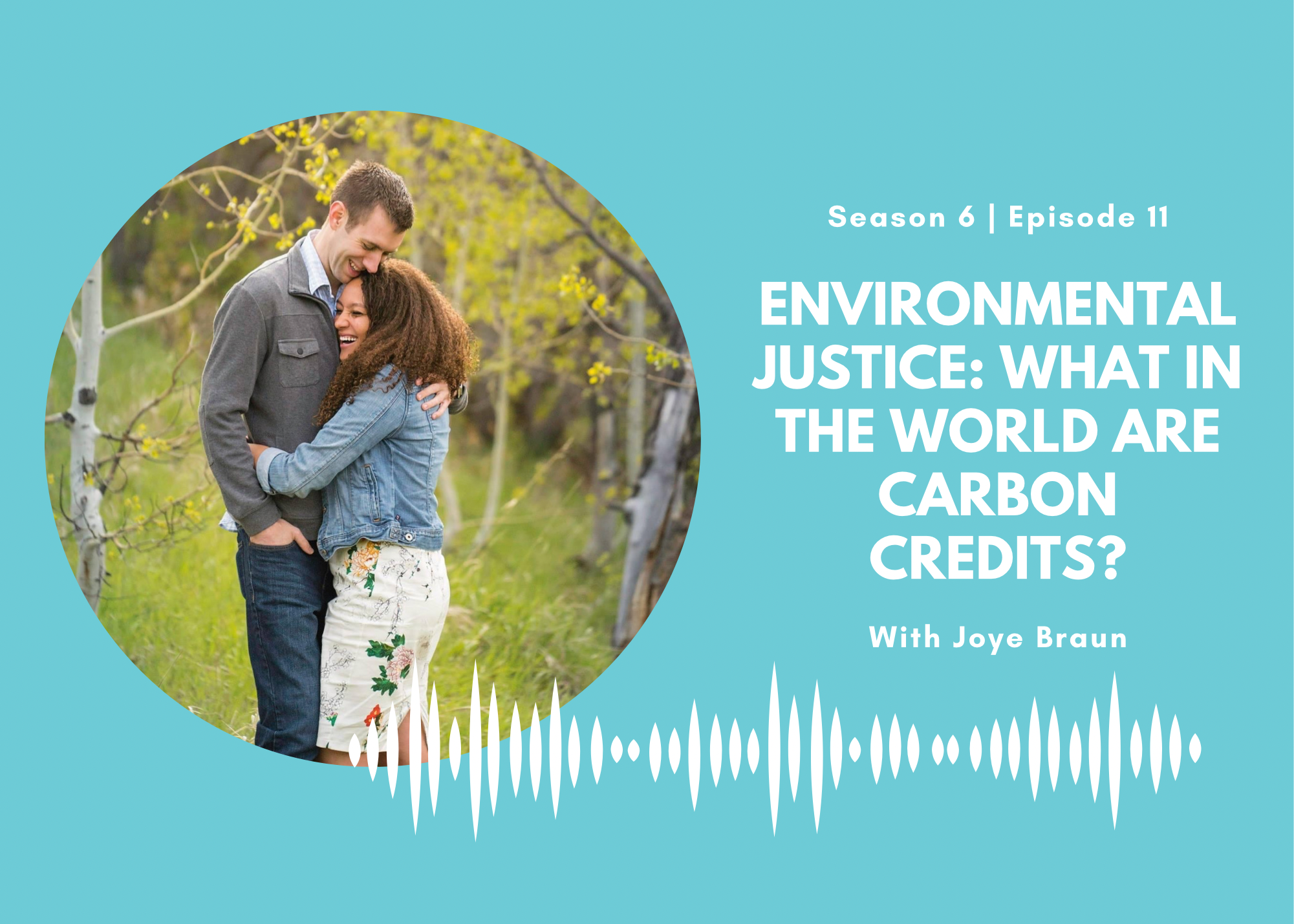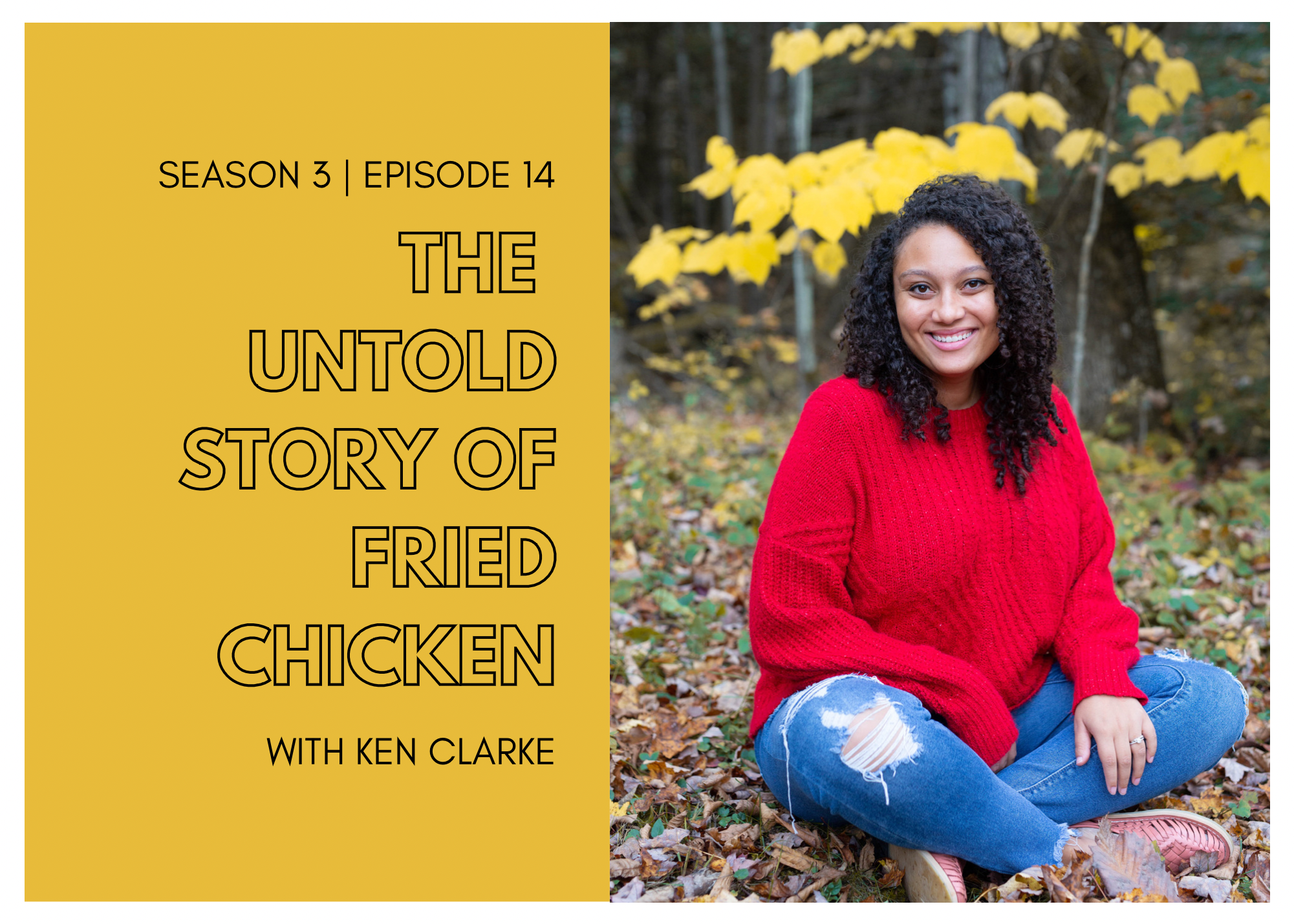Teaching Our Children About Unfamiliar Accents
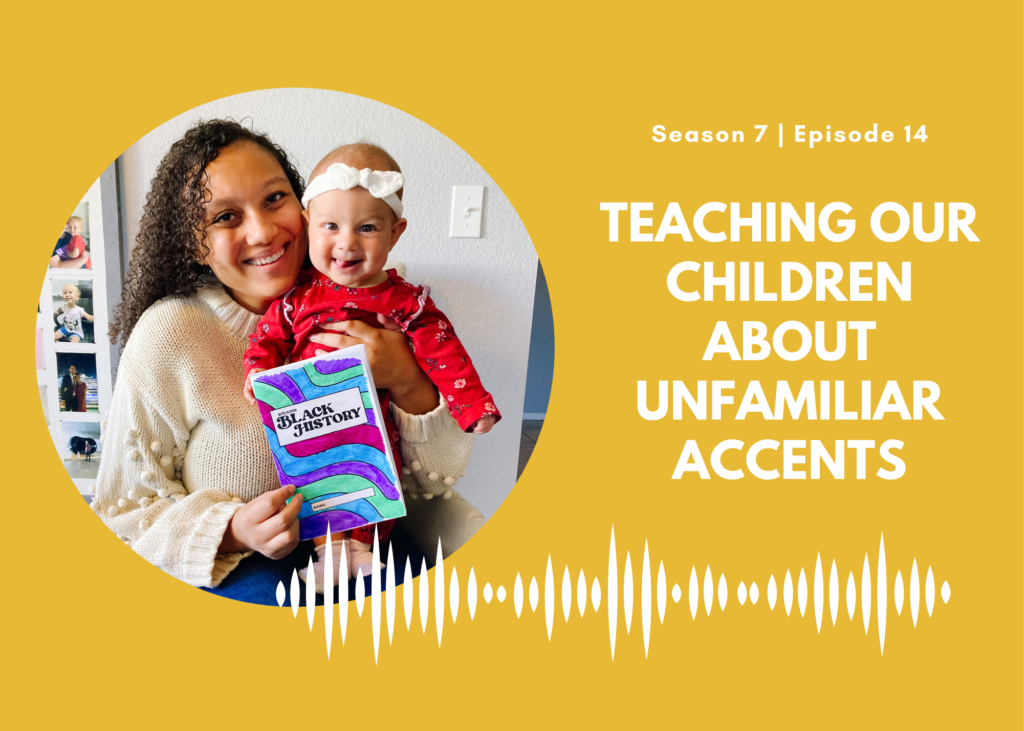
Have y’all ever driven down the East Coast? I don’t mean to spoil the magic for you but I gotta say, it’s basically a straight shot through a wall of trees. So I was pretty excited when I noticed a few colorful billboards dotting my path. That excitement quickly turned to disgust when I realized that those billboards were super-duper racist.
These billboards not only appropriated Mexican culture but also used broken English and made fun of Mexican accents. Yikes.
In this episode we break down linguistic racism and dig deep into what it looks like and what we can do about it.
Press play to learn:
- What linguistic racism looks like.
- The detrimental effects of linguistic racism.
- Why it’s so important to talk to our children about unfamiliar accents.
- Concrete ways to introduce unfamiliar accents to our children and fight linguistic racism.
Join us for a Policy Party!
You know what anti-racism looks like in your home, now let’s take it into our communities! Join us for a Policy Party on Tuesday, Nov. 15, at 8 p.m. ET, where Lindsay Dusard will talk to us about refugee allyship!
At each Policy Party, we hang out over Zoom with experts from community-based organizations who will help us understand the issues and policies relevant to their area of expertise. Each party focuses on a different subject — anything from immigration to environmental justice and more! You’ll leave each party with specific actionable steps you can take to make your community more compassionate, inclusive and anti-racist.
My friend Lindsay will join us to discuss how we can be better allies to members of the refugee community. She has worked in refugee resettlement for over eight years and is currently a Ph.D. student at the University of Pennsylvania’s Graduate School of Education, where her work focuses on understanding factors related to refugee and immigrant students’ sense of belonging, wel-lbeing and success in the U.S. school system.
First Name Basis Patreon members will receive free admission, or you can purchase a one-time Policy Party ticket at firstnamebasis.org/policyparty. If you can’t attend the Policy Party, replays are also available with admission.
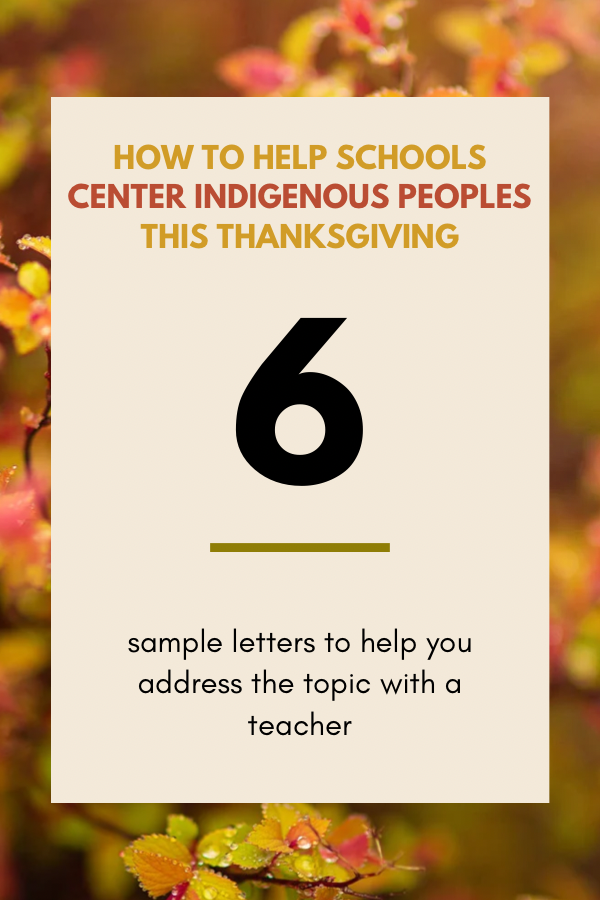
Check out our Thanksgiving resources
Thanksgiving is next week, and we have a gaggle of free resources for you — including multiple episodes, sample letters to send your kiddos’ teachers and resources you can use in your home!
Want some ideas for how to talk to your kids’ teachers about teaching Thanksgiving in an inclusive, Indigenous-centered way? Head to firstnamebasis.org/teachingthanksgiving for some sample letters and a free download that you can send to teachers to get the conversation going!
Looking for ways to center Indigenous Peoples’ in your family’s Thanksgiving celebration? Head to firstnamebasis.org/thanksgiving to get some ideas sent straight to your inbox!
Looking to learn more about how to celebrate Thanksgiving in a way that reflects the true history? Check out all of Thanksgiving episodes:
- Season 1, Episode 13: “The Untold Story of Thanksgiving”
- Season 1, Episode 14: “How to Teach Your Children About Thanksgiving”
- Season 4, Episode 13: “How to Center Indigenous Peoples During Thanksgiving”
Articles, Studies & Podcasts Referenced in the Episode
Please note I am not linking Pedro’s South of the Border because I do not want to drive traffic to their site.
“This S.C. Roadside Attraction is Garish, Tacky and Un-PC — But I Stopped Anyway” by Maura Judkis, Washington Post
“The Pervasive Problem of ‘Linguistic Racism’”, BBC
“The Reason You Discriminate Against Foreign Accents Starts With What They Do to Your Brain” by Michael Erard, Quartz
“Everyone Has an Accent” by Walt Wolfram, Learning for Justice
“Voices of North Carolina Dialect Awareness Curriculum”, North Carolina State University
“What is Critical Language Awareness?” Annamend
Song credit: “Sleeper” by Steve Adams” and “Dive Down” by VYEN
